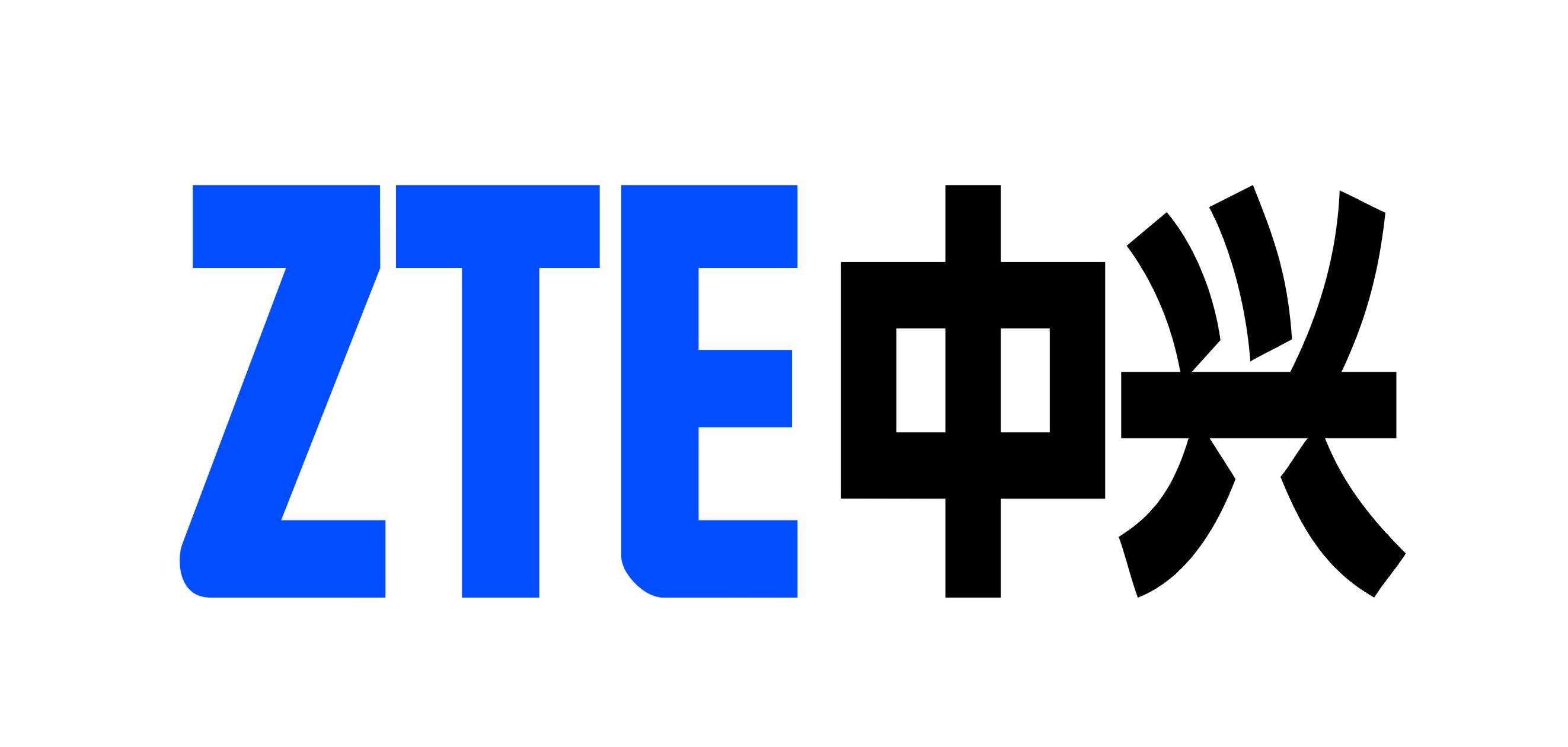According to foreign media reports, the US Department of Commerce has banned US companies from selling parts and components to ZTE for a period of seven years because of violations of the US government's sanctions ban. This ban may have wide-ranging implications for service providers worldwide, especially in China. At the same time, the ZTE ban may pose significant challenges for Chinese operators such as China Mobile and China Unicom, which have very aggressive 5G deployment plans.
Recently, ZTE announced that it will no longer produce telecom equipment and has stopped all “main business activities†at its Shenzhen plant in China. This means that service providers using ZTE's communication equipment will have to find other suppliers.
According to Jimmy Yu, optical transmission analyst at Dell'Oro Group, most of ZTE's optical business is mainly in China. Dell'Oro estimates that ZTE's optical transmission business revenue in 2017 was $2.2 billion. Globally, ZTE accounts for approximately 16% of the global optical transmission business. Huawei has a 29% market share. In addition, ZTE has an important position in the Chinese market with a market share of approximately 40%.

Raymond James analyst Simon Leopold has speculated that in China, Huawei, Nokia and FiberHome are likely to get ZTE's business. But switching from one supplier to another is not an easy task. Because optical devices are not interoperable. Most optical devices have proprietary features that will make it challenging for service providers to switch from one vendor to another.
Jimmy Yu said: "Selecting another supplier, confirming its qualifications, requires a lot of on-site service." GlobalData chief analyst Emir Halilovic also agreed with Yu's point of view. He said that while vendors have made some improvements to make their devices more interoperable, especially software-defined networking (SDN), few operators have deployed multi-vendor environments in their networks.
However, Halilovic pointed out that many service providers, especially large operators, have set a “security mechanism†for this situation, which is why most operators have multiple vendors to meet the needs of all their network equipment. . This means that some cities or regions may be equipped with ZTE optical transmission equipment that needs to be replaced or upgraded, but will not cause interference to the entire network. Halilovic said: "In my opinion, some interference seems to be inevitable in this case. But for large operators with relatively diverse supply chains, this should not be difficult."
Despite this, Chinese service providers are particularly active in the 5G program. In fact, some analysts believe that China may be the first country to achieve widespread 5G commercial use. China Mobile is entering large-scale 5G trials in five cities, each with more than 100 base stations. China Mobile uses equipment provided by a number of vendors including ZTE.
Halilovic said he believes that 5G preparation in the transport network can be done by upgrading the current optical network or by building new features in existing networks. At the same time, situations like ZTE may prompt operators to build entirely new optical transport networks, not just upgrades.
Gel Battery,Gel Cell Battery,Gel Battery For Car,Gel Type Battery
Power X (Qingdao) Energy Technology Co., Ltd. , https://www.solarpowerxx.com